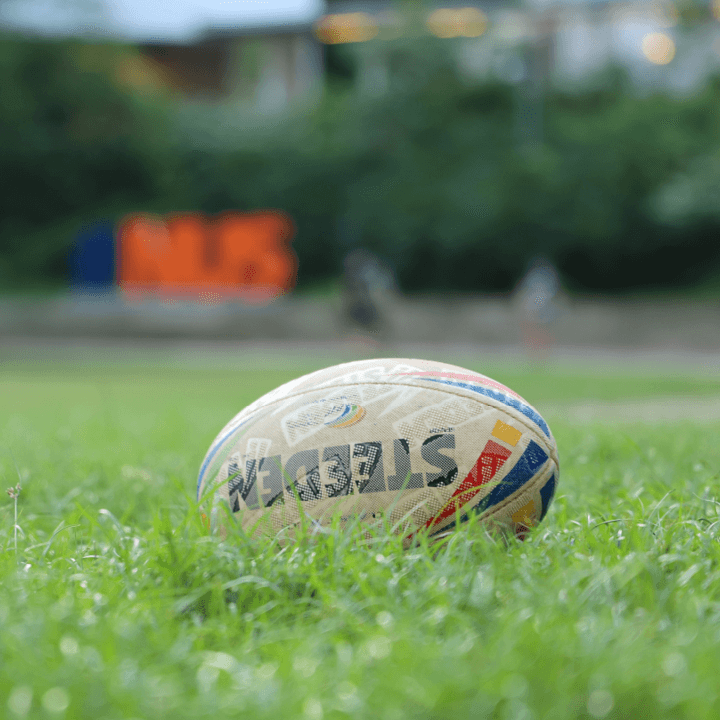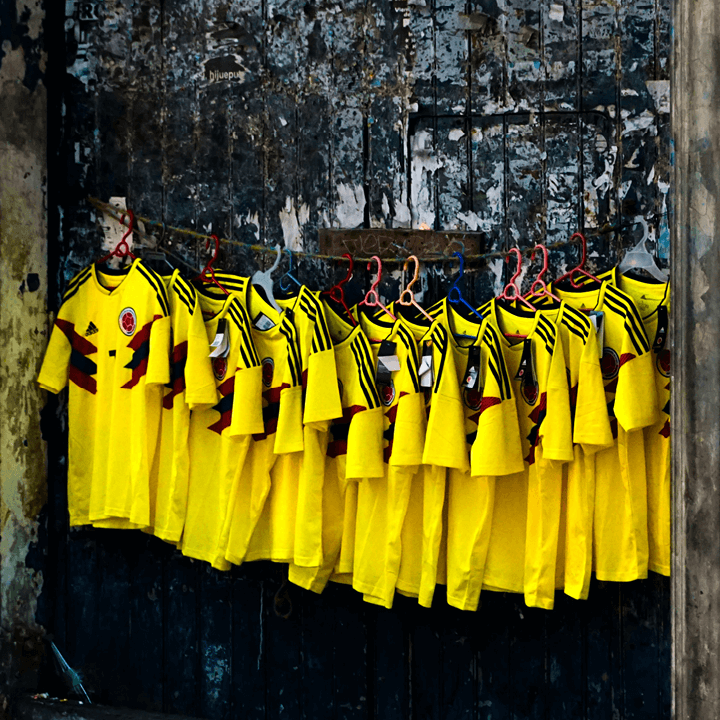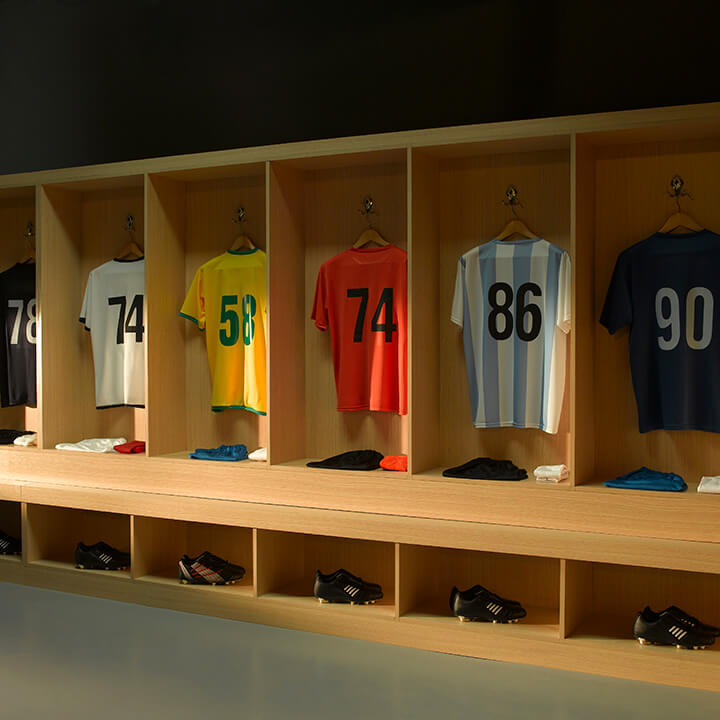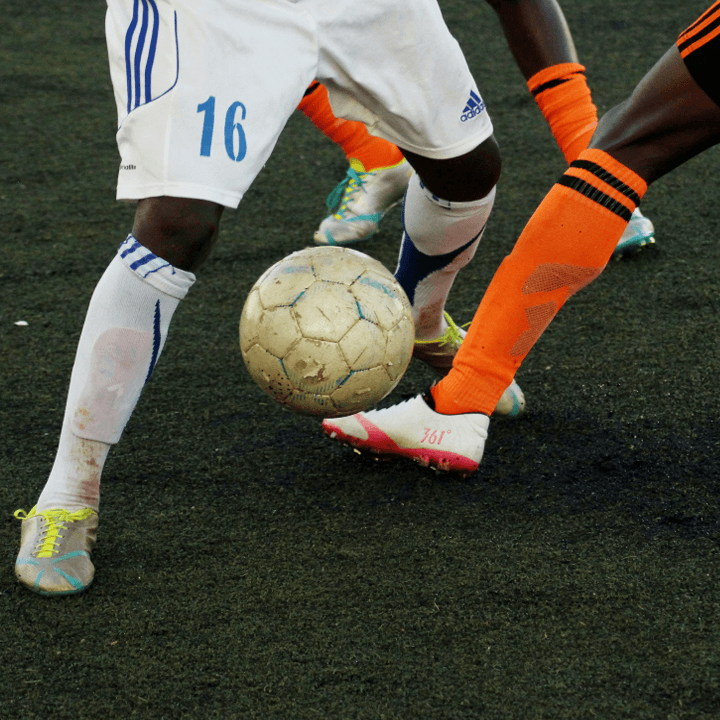Mason Greenwood charges dropped: What next for Man United?
23rd August 2023
In February 2023, we analysed the issues that Greenwood’s charges being dropped raised for the Club.
The Club’s investigation has now finally concluded and, on 21 August 2023, Manchester United and Mason Greenwood released simultaneous statements announcing that the parties would work together to, “continue [his] football career away from Old Trafford.” It is important to note that this is not a termination of Greenwood’s contract, but a decision that the Club will actively seek a loan deal or transfer to another club, while Greenwood remains on full pay. An atypical outcome in the broader employment context, but one that reflects the unique circumstances of, and factors applicable to the employment relationship in, a professional sport.
Our update and the previous update from February can be found as an addendum below.

The decision
Manchester United have carried out a six-month investigation which initially led to rumours that Greenwood would be reintroduced into the first team. Whether true or not, the resulting backlash from season-ticket holders, fans, supporters’ groups, members of Parliament and charities likely weighed heavily on the decision-makers.
The Club was in a difficult position – the criminal charges against Greenwood were dropped, yet other ‘evidence’ shared very publicly enabled the Club to conduct its own investigation into the facts, to establish whether there had been gross misconduct and/or breach of his contract on the civil standard of proof (the balance of probabilities, which is a lower threshold than the criminal standard of proof beyond reasonable doubt).
In its statement, Manchester United said, “we have concluded that the material posted online did not provide a full picture and that Mason did not commit the offences in respect of which he was originally charged.”[1] Therefore, it seems, the Club could not conclude on the balance of probabilities that the threshold for gross misconduct or a serious breach of contract was met and, as such, it was unable to lawfully terminate Greenwood’s contract. Indeed, the above extract goes a step further and absolves Greenwood of wrongdoing in respect of the criminal charges.
Despite this, left with the reputational angle and external pressures to consider, the Club and Greenwood will still part ways.
Considerations for clubs
The status of footballers is unique – not only do clubs have the usual employment law considerations to contend with, but the playing contract demands a unique process when it comes to investigations, disciplinary action and termination. In addition, players are valuable assets and clubs are heavily dependent upon their brand, both of which place commercial and reputational considerations at the forefront of employment decisions.
The transfer of Greenwood may allow Manchester United to recoup some of its losses for a player who has been touted as one of England’s brightest stars. If Greenwood was found to be in breach of his contract, the Club could have sought to recover its losses flowing from that breach from the player (the precise amount of which being far from certain in case law and a topic which merits its own article).
The Club has also faced criticism for the length of time the investigation took and the fact that it was carried out internally.[2] While there are no set rules for when an investigation should be outsourced to an independent third party or lawyer, it may be helpful for clubs to do so in high-profile cases and cases relating to harassment, discrimination or abuse, where impartiality is key and the investigation is likely to be time intensive (and senior internal staff members may struggle to deal with it with sufficient rapidity given their various other pulls). Regardless of whether the investigation is outsourced, there are important considerations which a club must make at the outset or in conjunction with the appointed investigator, particularly around suspension, the remit of the investigation, the collation of witness and documentary evidence (along with the preservation of that evidence). We discussed some of those considerations in further detail in our previous article.
[1] https://www.manutd.com/en/news/detail/man-utd-official-club-statement-on-mason-greenwood-21-august-2023
[2] See, for example, Gary Neville’s comment that an independent panel should have been used https://www.bbc.co.uk/sport/football/66575700
—
Original update, February 2023
In January 2022, Manchester United suspended Mason Greenwood following allegations of rape and sexual assault. Greenwood had been arrested after images and videos were posted on social media reporting incidents of sexual and physical violence by the player. He was later charged with attempted rape, controlling and coercive behaviour and assault occasioning actual bodily harm.
Just over one year later, on 2 February 2023, the Crown Prosecution Service announced that the charges were being discontinued after key witnesses withdrew their involvement. A representative of the CPS stated: “In this case a combination of the withdrawal of key witnesses and new material that came to light meant there was no longer a realistic prospect of conviction. In these circumstances, we are under a duty to stop the case.”
Where charges are dropped or a player is found not guilty, what is the impact on their employment? In this article, our Sports Law specialists Charlotte Smith, Christian Slinger, India Swall and Adam Melling discuss the key issues this raises for clubs.
Premier League and English Football League playing contract
Under the standard form playing contract, a club is entitled to terminate a player’s employment where they’ve been convicted of a criminal offence and received a custodial sentence (which hasn’t been suspended) of at least three months.
The absence of a conviction doesn’t necessarily preclude the club from taking any action. Depending on the circumstances, it might consider other termination rights or sanctions, such as for “gross misconduct” (which has a specific definition in the contract). A club may
conduct its own investigation to establish the facts to the extent it’s possible to do so, to consider whether disciplinary action is appropriate.
Indeed, Manchester United announced that, “The club will now conduct its own process before determining next steps.” The BBC understands that Greenwood won’t play or return to training until the club’s process is complete.
In our earlier briefing, we discussed in more detail the procedure for clubs when allegations of wrongdoing against players come to light.
Not charged or not guilty
An employer must satisfy itself of the facts and whether they amount to gross misconduct (as defined) on the “balance of probabilities”, as opposed to engaging the criminal “beyond reasonable doubt” burden of proof.
The detail of the internal investigation will therefore inform the decision, but Manchester United are left in a difficult situation; balancing the fact that criminal charges have been withdrawn, against reputational considerations and the “court of public opinion”, in light of widely shared information on social media.
Reputational damage and brand image are of course absolutely key for clubs and sponsors – and Nike has confirmed its sponsorship of Greenwood remains terminated. While perceived reputational damage alone is unlikely to be a lawful ground for termination in an employment context, the playing contract includes an obligation on players to not knowingly or recklessly do anything which is likely to bring the club or the game of football into disrepute or cause damage to the club. If it’s determined a player has committed a serious breach of this obligation, a club may conclude that dismissal is appropriate.
Given the specificity of football playing contracts, termination and appeals processes differ when compared to usual employment law considerations. The player may appeal to the relevant league, which has discretion to confirm, vary or revoke the decision made, as well as make any other order, as it considers appropriate.
Ultimately, each case will turn on its own facts, and clubs must approach this sort of matter with extreme caution.
—
How we can support you
The fallout from allegations of wrongdoing can be difficult for both the player and their employing club to navigate, especially in today’s social media age, where commentary and opinions are strongly articulated. A club’s moral stance and external pressures may conflict with their contractual rights to terminate a player’s employment contract. Each case is highly specific and requires tailored advice.
If you have any queries or need any advice in this area please contact Charlotte Smith, Christian Slinger, India Swall or Adam Melling.













